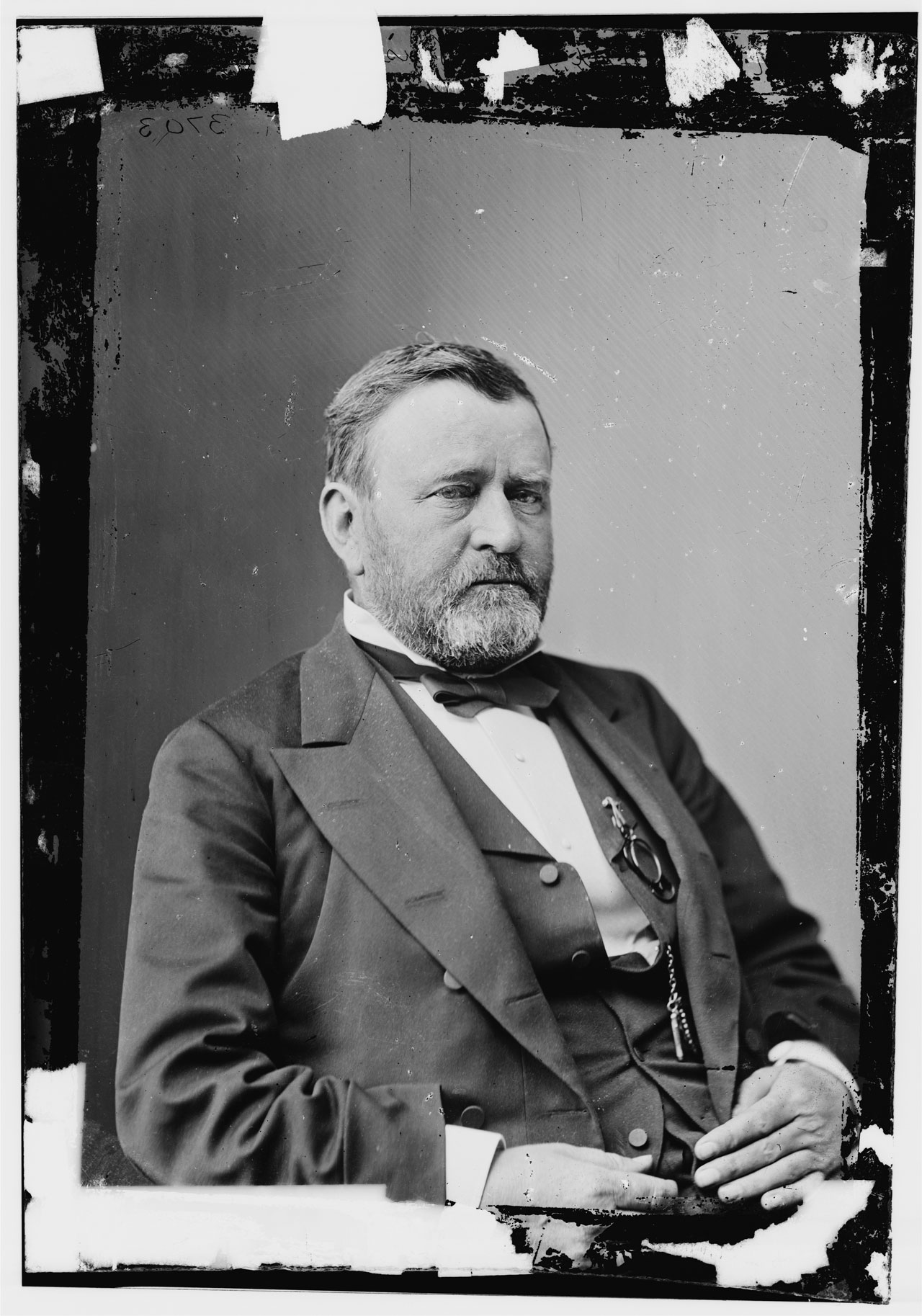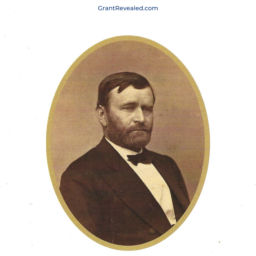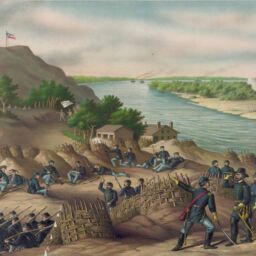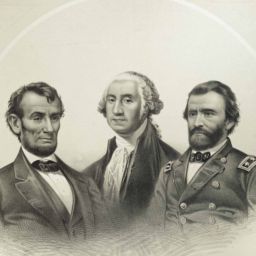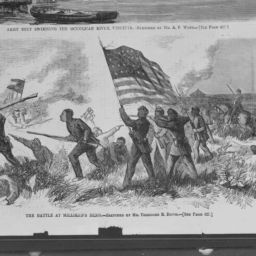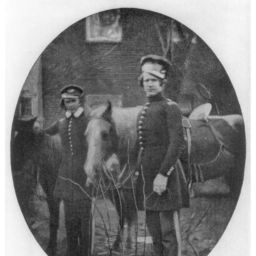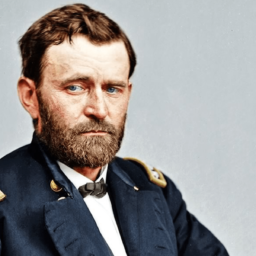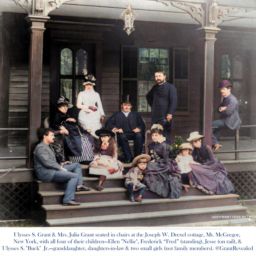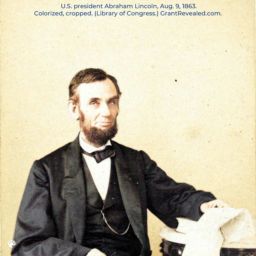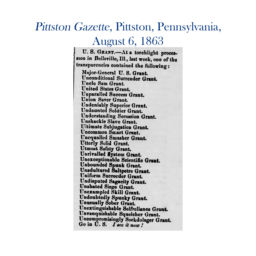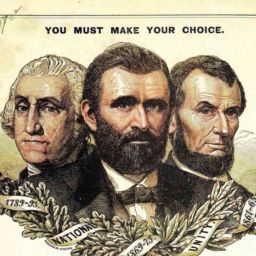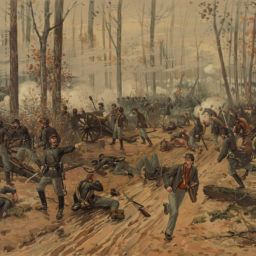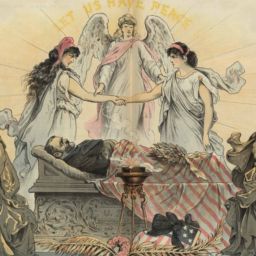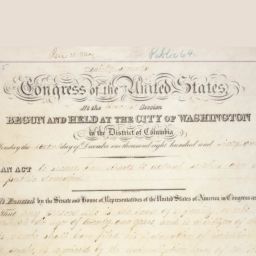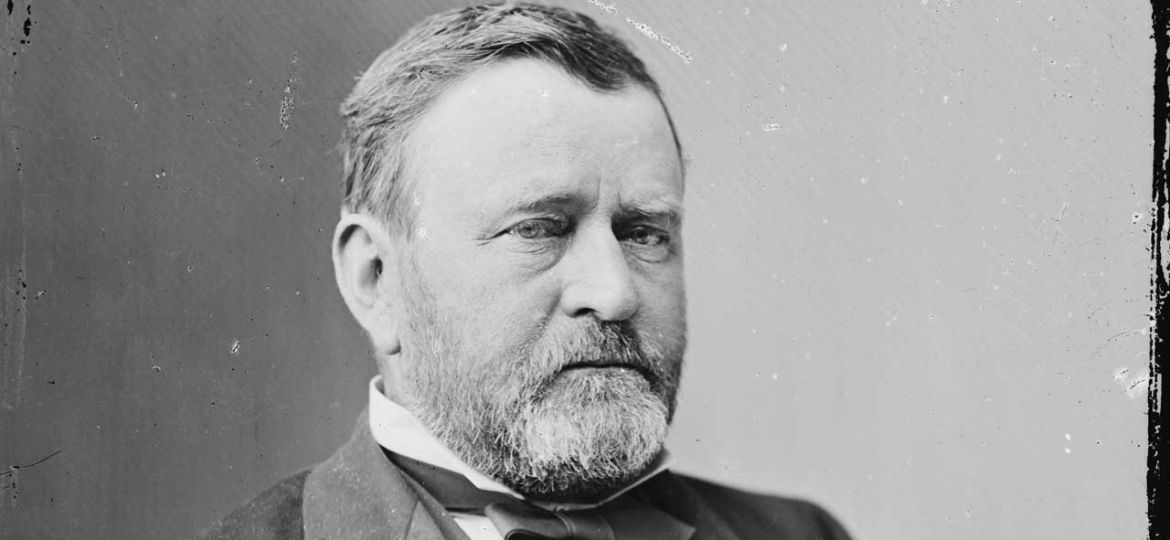
Point Pleasant, Ohio, U.S.A. Ulysses S. Grant (1822–1885) was born on this day, April 27, 1822, in Point Pleasant, Ohio. Grant was a taciturn Midwesterner beset by vocational failures in his 20s and 30s, and unremarkable to those who met him. But fate had more in store. He went on to lead the U.S. Army to victory in the Civil War (1861–1865) and serve two terms as the 18th President of the United States (1869–1877).
Grant’s military campaigns during the Civil War, especially his campaign to capture the city of Vicksburg, Mississippi, are still studied in military academies today. During the war, Grant defeated in the field and captured—defeated in full and forced the capitulation of—not one but three enemy armies in both the Western and Eastern theaters of the war. Beyond tactics and battlefield strategy, Grant, a former quartermaster, also understood and integrated logistics into military operations.
At various periods in his life after 1865—perhaps during most of it—he was quite likely the most famous living American in the world.
He was the youngest U.S. president ever elected (age 46 in 1868) until John F. Kennedy (age 43 in 1960).


